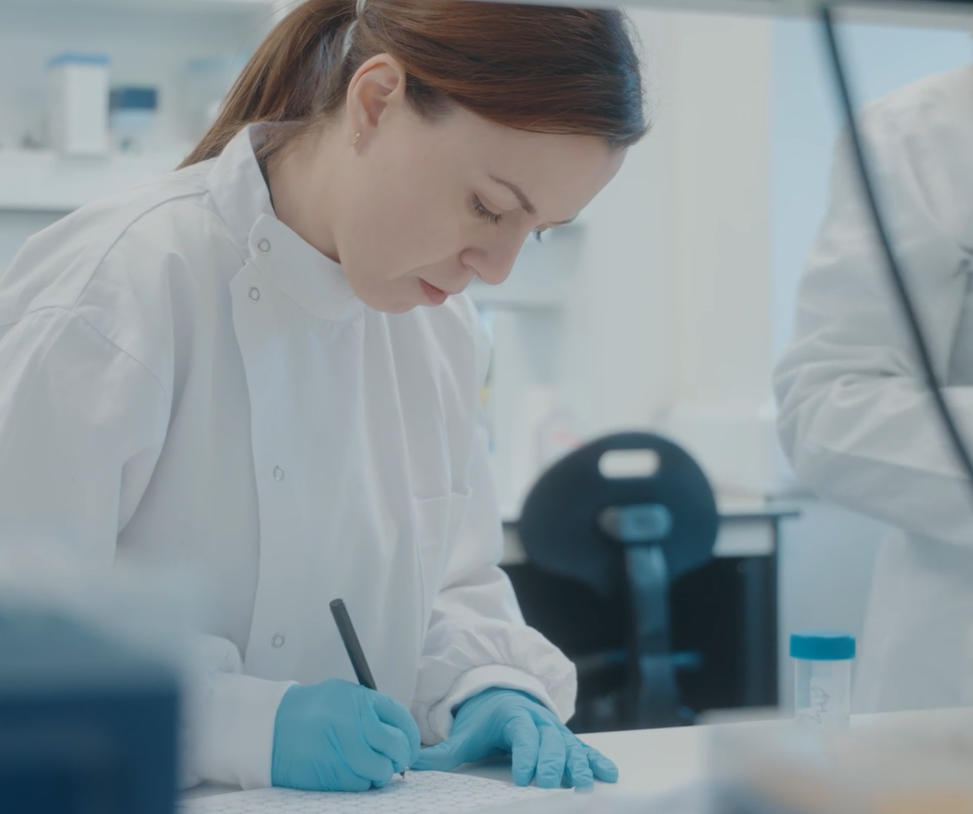The UK DRI and the Alzheimer’s Disease Data Initiative have announced a collaboration to accelerate research into Alzheimer’s and other neurodegenerative conditions.
The Alzheimer’s Disease Data Initiative is a global coalition of partners accelerating scientific discoveries in Alzheimer’s disease and related dementias by breaking down data silos, eliminating barriers to research, and fostering collaboration among scientists studying these issues. This partnership leverages a powerful new tool, Alamar Biosciences’ NULISA platform, which provides unprecedented sensitivity for detecting the presence of proteins in central nervous system fluids and low-volume plasma samples.
By targeting plasma-based proteomic biomarkers – an exciting and underexplored window for neurodegenerative diseases like Alzheimer’s – researchers hope to better understand protein signatures to advance diagnostic precision and therapeutic monitoring in neurodegeneration research.
The partnership aims to analyse nearly 10,000 blood and spinal fluid samples from various UK DRI studies and cohorts.
“Our focus on high-density molecular ‘fingerprinting’ of blood and spinal fluid samples at scale is designed to unlock critical insights that help us better understand disease mechanisms. Our goal is that this research will advance early detection, improve therapeutic monitoring, and enable personalized treatments.”
Director & CEO
The partnership aims to analyse nearly 10,000 blood and spinal fluid samples from various UK DRI studies and cohorts, including healthy controls and is the start of a larger collaboration to bring together tens of thousands of samples analysed on the NULISA platform globally.
The data resulting from these analyses could help create one of the largest NULISA-specific resources in the field to date and will be supported by a consortium of researchers and funders in the Alzheimer’s disease and related dementia space. Similar to other large-scale proteomic discovery efforts, such as the Global Neurodegenerative Proteomics Consortium and the UK Biobank, after an embargo period, this collaborative dataset will be made publicly available to all qualified researchers via the Alzheimer’s Disease Data Initiative's AD Workbench, a secure, cloud-based environment that enables global access, analysis, and sharing of datasets.
“Partnerships like this, which foster data sharing and global research collaboration, are critical to catalyzing novel insights and breakthrough discoveries.”
Dr Niranjan BoseInterim Executive Director of Alzheimer’s Disease Data Initiative
Biomarkers and diagnostics
Biomarkers – short for “biological markers” – are signals that these subtle biological changes are happening. Detecting them will give us the best chance of intervening early and slowing down, or perhaps even preventing, the onset of symptoms.
Find out more about advancing early detection and precision diagnosis of neurodegenerative disease

